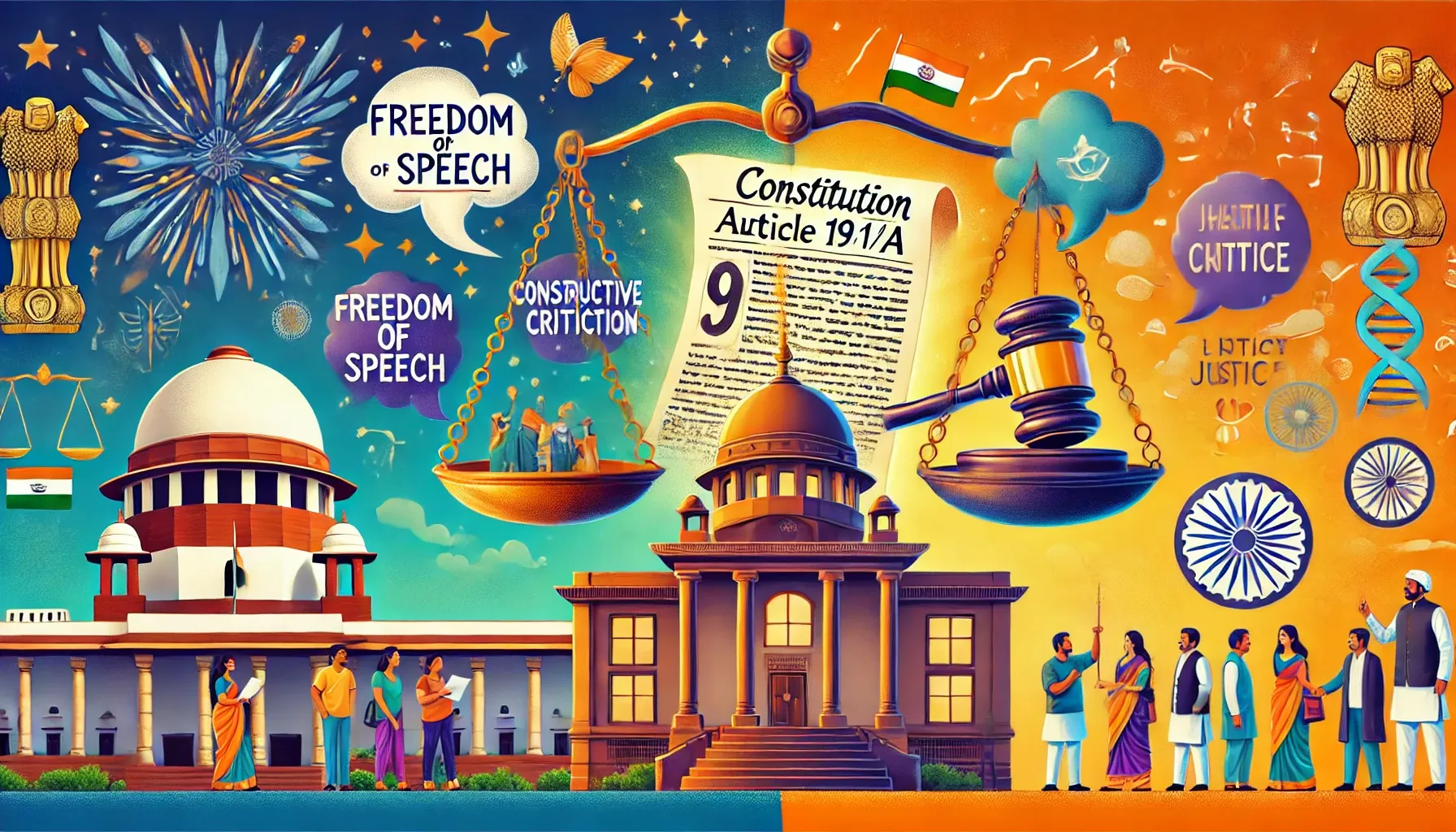
columns
Critical Analysis of Sri Lanka’s Prevention of Terrorism Act 1979
Sri Lanka’s Prevention of Terrorism Act 1979, enacted as a temporary measure, has led to human rights violations due to vague definitions and unchecked state power. Despite international pressure, it remains a tool for suppressing dissent, undermining democracy and rule of law.

columns
Critical Analysis of Sri Lanka’s Prevention of Terrorism Act 1979
Sri Lanka’s Prevention of Terrorism Act 1979, enacted as a temporary measure, has led to human rights violations due to vague definitions and unchecked state power. Despite international pressure, it remains a tool for suppressing dissent, undermining democracy and rule of law.

lex-o-pedia
How are Evidence Appreciated and Admitted under Indian Law?
The appreciation and admissibility of evidence in India are governed by the Indian Evidence Act, 1872, and Bharatiya Sakshya Adhiniyam, 2023. This study examines key principles, judicial interpretations, and challenges shaping the role of evidence in ensuring justice.

lex-o-pedia
How can Decrees Be Executed Effectively?
The execution of decrees under Order XXI CPC ensures judicial decisions are enforced effectively. Modes include delivery of property, attachment, arrest, receivership, partition, and monetary payments, upholding the rule of law and ensuring substantive justice.

lex-o-pedia
How do the Doctrines of Arrest and Attachment before Judgment operate in Civil Procedure?
The doctrines of arrest and attachment before judgment, codified under Order XXXVIII of the CPC, are safeguards to secure justice by preventing evasion or dissipation of assets. Courts apply these extraordinary measures with caution, balancing fairness and procedural integrity.

lex-o-pedia
How Can Freedom of Speech Be Balanced with Judicial Authority While Analyzing Contempt of Court in India?
This article examines the intricate balance between freedom of speech and judicial authority in India, focusing on contempt of court laws. It highlights the interplay of constitutional rights, judicial powers, and the need for reforms to align with democratic principles.

